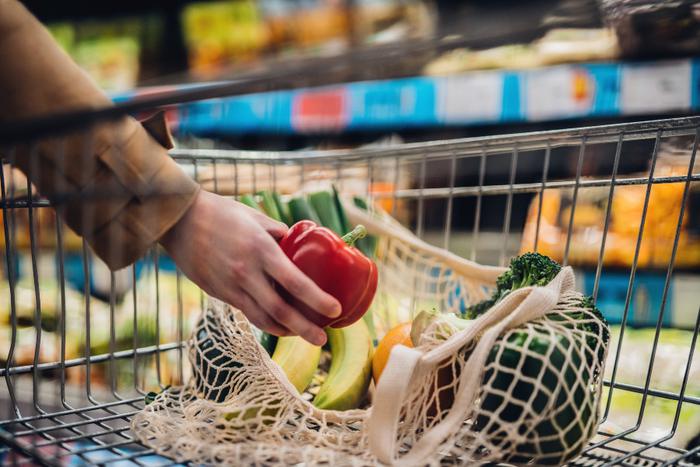
Researchers from Tulane University have conducted a new study that examined how consumers can make subtle changes to their diets in ways that are beneficial to the environment. Their work suggests that changing one food item per week could reduce the carbon impact of eating animal-based products.
We need to make significant changes to address climate change. researcher Diego Rose. They are needed in all sectors and at all levels of human organization, from international agencies to federal and State governments to communities and households. Many people feel strongly about the issue and want to address it by taking direct actions. This can help change social norms about the severity of the problem as well as the potential solutions. Our study shows that even simple steps can be helpful in these efforts.
More plant-based options
The researchers used survey responses from over 16,000 consumers to study their diets. The study was primarily focused on how slight changes in diets can impact water scarcity and greenhouse gas emissions.
The biggest environmental benefit was seen when consumers swapped out beef for chicken or turkey. The researchers believe that making this switch will have significant benefits for the environment, as 20% of participants reported eating at least one serving of beef daily.
Rose stated that even simple changes can make a huge difference in carbon footprint. Rose suggested substituting poultry for beef.
Their research revealed that choosing poultry over beef for one meal per week would reduce greenhouse gas emissions nearly 50%. It would also have a 30% impact on water scarcity. These changes would reduce the carbon footprint by almost 10% and water scarcity by nearly 6% if they were implemented on a national level.
Swapping peanuts to almonds was also linked to a 30% decrease in water scarcity. Additionally, cod rather than shrimp helped reduce the nation’s carbon footprint by 34%. Researchers also discovered that peas outperformed asparagus in terms water scarcity, while soy milk was more carbon-friendly than dairy milk.
Producing food, whether animal products or agricultural, has its environmental consequences. Although it will take more than individual efforts over the long-term to save the planet, the researchers hope these findings highlight how consumers can make small adjustments to their diets that can have large-reaching benefits.
